
For your patients 6 to 17 years of age
with functional constipation
Relief is the GOAL1
LINZESS is approved for the treatment of functional constipation in children and adolescents aged 6 to 17 years of age.1
Please see Important Safety Information, including Boxed Warning, below.
Please see link for full Prescribing Information
above for additional information.
Not an actual patient.
Reference: 1. LINZESS. Prescribing Information. AbbVie Inc.; 2023. US-LIN-230400





